Food addiction is a real and serious problem that affects people across all backgrounds. Unlike substance addictions, food addiction involves something necessary for survival, which makes it more complex. People who struggle with this issue often feel shame, confusion, and guilt about their eating behaviors. The cycle of craving, overconsumption, and regret can interfere with daily life, emotional health, and physical well-being. Understanding the signs of food addiction is the first step toward gaining control. From there, you can begin using realistic and sustainable strategies to create a healthier relationship with food.
You Constantly Crave Specific Foods
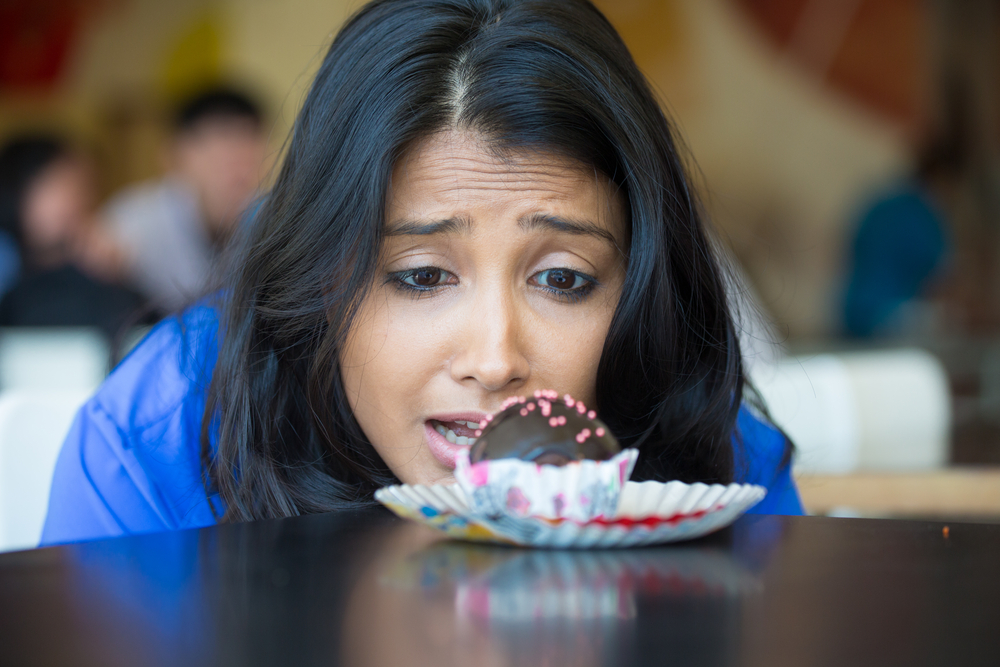
One of the most telling signs of food addiction is having intense cravings, especially for high-fat, high-sugar, or high-salt foods. These cravings often feel impossible to ignore. You might find yourself thinking about these foods even when you are not hungry. It is not just a desire for variety or indulgence, it feels more like a compulsion. The brain starts to associate these foods with pleasure and emotional relief, reinforcing the cycle. Over time, cravings may become stronger and more frequent.
You Eat Even When You Are Not Hungry

Eating when you’re bored, stressed, or tired is common, but doing so regularly without any physical hunger signals can be a red flag. People with food addiction often eat to cope with emotions or fill an emotional void. This type of eating is disconnected from your body’s natural hunger cues. Instead of food being fuel, it becomes a distraction or a reward. This disconnect can lead to overeating and long-term health consequences if left unchecked.
You Feel Guilty After Eating

If you frequently feel regret, guilt, or shame after eating, especially after eating large amounts of unhealthy food, this could indicate a deeper issue. People with food addiction often describe a cycle of eating followed by intense self-criticism. These feelings can spiral into emotional distress, which may trigger more eating. Over time, this pattern reinforces low self-worth and damages your ability to trust yourself with food choices.
You Eat in Secret or Lie About What You Eat

Hiding what you eat from others or lying about how much you have consumed is a major sign of food addiction. This secrecy usually stems from embarrassment or fear of judgment. You might feel the need to eat in isolation to avoid being seen. These secretive behaviors often point to internal conflict about your relationship with food. When food becomes a private escape, it is a sign that eating is being used for reasons beyond nutrition.
You Try to Cut Down but Fail Repeatedly
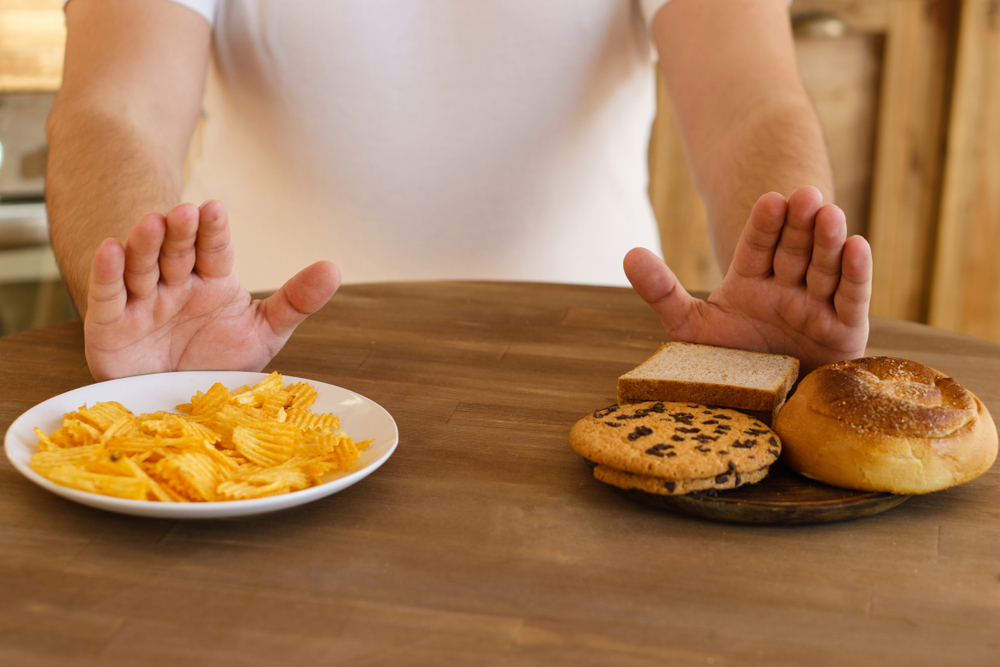
Many people with food addiction make repeated efforts to eat healthier or avoid certain foods, only to fall back into old patterns. These failed attempts can feel like personal weaknesses, but they are actually a sign of the addictive cycle. You might start each day with the best intentions and end it feeling defeated. This struggle to follow through, even when you desperately want to change, is one of the clearest signs that food addiction is present.
You Feel Out of Control Around Food

Losing control when food is present, especially trigger foods, is another key indicator. You may tell yourself you will have just one bite, but end up eating the whole portion. The inability to stop eating once you start reflects how strong the urge can be. This lack of control often leads to bingeing behaviors, which reinforce the addiction cycle and increase the feeling of helplessness around food.
You Think About Food Constantly

If your thoughts are consumed with food throughout the day, it could be a warning sign. People with food addiction often spend large amounts of time planning meals, anticipating their next indulgence, or worrying about what they ate. This mental fixation interferes with other parts of life, such as work, relationships, and hobbies. When food becomes the center of your attention, it is a clear sign that something deeper is at play.
You Continue Eating Despite Negative Consequences

Continuing to eat in a way that causes health issues, weight gain, or emotional pain is another sign of food addiction. Even when you recognize that your eating habits are hurting you, you feel unable to stop. This behavior mirrors what happens in substance addiction, where the need for relief overrides logic and self-care. Ignoring consequences in favor of comfort food can lead to chronic health problems and emotional burnout.
You Use Food as a Reward or Comfort

Relying on food to celebrate, cope, or unwind is a deeply ingrained habit for many. However, when it becomes your primary way of handling emotions or rewarding yourself, it may signal food addiction. Over time, you may find it difficult to feel satisfied or emotionally balanced without turning to food. This emotional dependency can limit your ability to develop healthy coping skills in other areas of life.
You Feel Withdrawn Without Certain Foods

People with food addiction may experience irritability, restlessness, or even depression when they do not have access to their preferred foods. These feelings are similar to withdrawal symptoms in other types of addiction. The emotional and physical discomfort can push you to seek out the same foods again, even when you had planned to avoid them. This withdrawal response shows how powerful the food addiction cycle can become.
How To Take Back Control

Food addiction is not about willpower or weakness, it is about the emotional and behavioral ties we form with food. Recognizing the signs is the first step to healing. With the right tools, support, and mindset, you can break free from harmful patterns. Whether it is choosing whole foods, journaling, or setting boundaries, each small decision leads to a healthier life. Food can return to being something that nourishes your body, not something that controls it.
Choose Whole, Unprocessed Foods
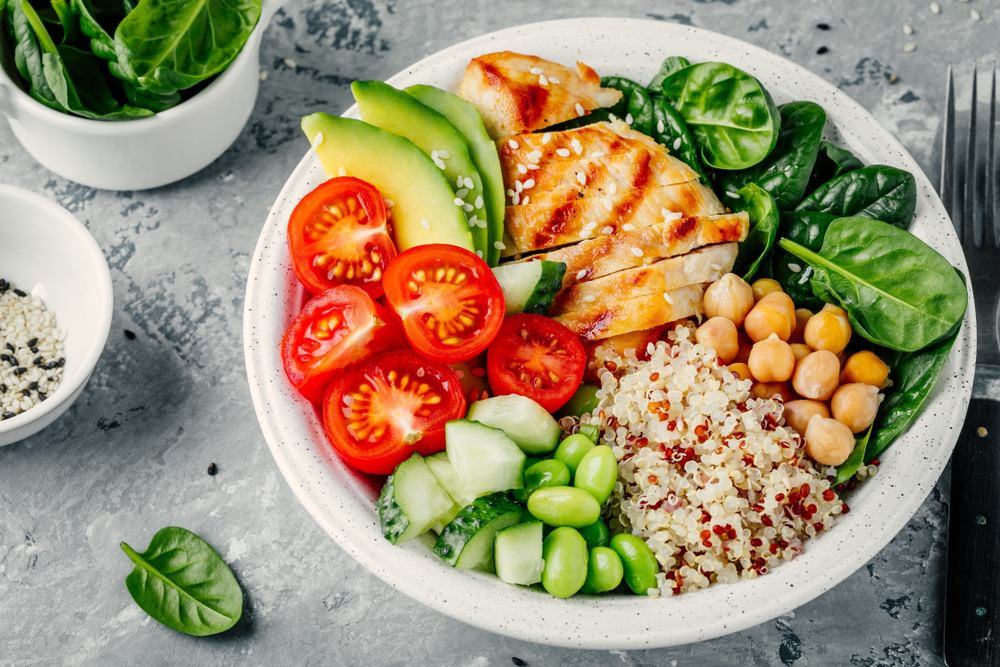
One way to overcome food addiction is by focusing on whole foods that nourish your body. Fresh vegetables, lean proteins, and whole grains help stabilize your blood sugar and reduce cravings. These foods also tend to be more satisfying, making it easier to stop eating when you are full. Choosing real, nutrient-dense meals over processed snacks weakens the hold that addictive foods have over your brain.
Set Clear Food Boundaries

Establishing boundaries with food can help break the cycle of overconsumption. Decide which foods you will no longer keep at home or eat in certain settings. You can also set limits on when and where you eat. This kind of structure gives you control and reduces opportunities for impulsive eating. It also helps retrain your brain to make conscious food decisions instead of reacting on autopilot.
Practice Mindful Eating

Mindful eating means paying close attention to what you are eating, how it tastes, and how your body feels during the meal. Avoid eating in front of screens or when distracted. Chew slowly and notice when you feel full. This awareness helps you reconnect with your hunger cues and prevents mindless overeating. Over time, mindful eating helps you rebuild trust with your body and reduces reliance on food for emotional comfort.
Remove Triggers From Your Environment
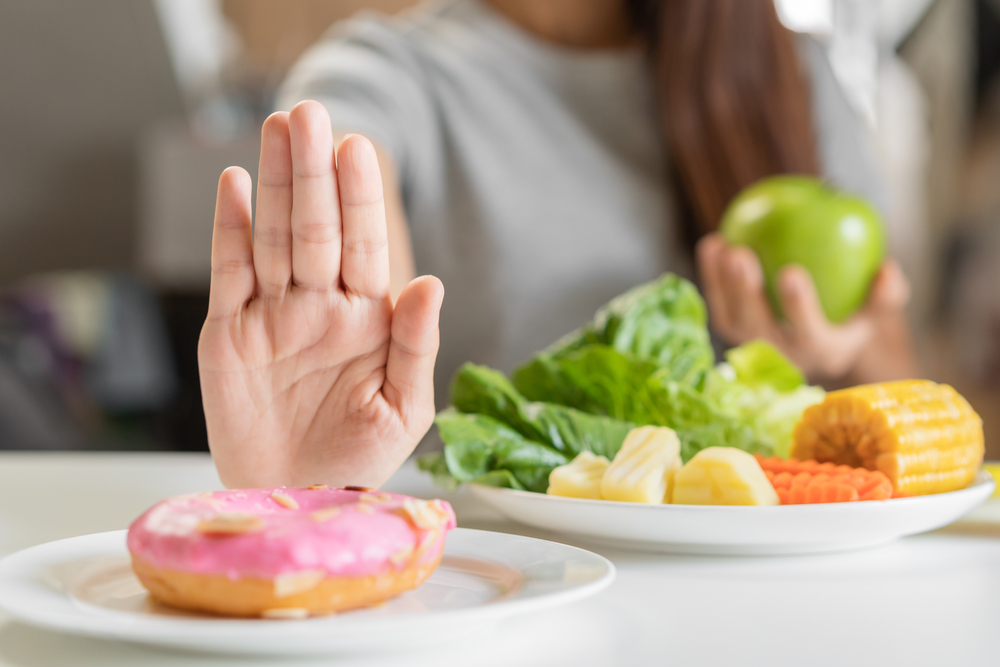
If certain foods trigger binges or emotional eating, keeping them in your home can be dangerous. Clean out your pantry and fridge, and replace processed items with healthier options. When you remove temptation, you reduce the chances of relapse. If you live with others, create a designated space for your own food choices. This simple change in your environment can support long-term success in managing food addiction.
Keep a Food Journal

Writing down what you eat, how you feel, and why you made certain choices can reveal patterns you may not notice otherwise. A food journal helps you become more aware of emotional triggers and eating habits. Over time, it becomes a tool for reflection and improvement. You can track progress and adjust strategies as needed. Journaling also creates accountability and supports better decision-making.
Find Healthy Ways to Cope With Emotions

Many people with food addiction use eating as a way to avoid feeling difficult emotions. Replacing this habit with healthier outlets is key to recovery. Activities like walking, painting, stretching, or listening to music can help you release stress without turning to food. Emotional regulation tools such as deep breathing or journaling also reduce the need to escape through eating. Developing these skills makes it easier to handle life’s challenges without losing control.
Focus on Routine and Structure

A consistent daily routine supports healthier eating habits. Skipping meals or eating irregularly often leads to cravings and impulsive choices. Try to eat meals at the same times each day and plan snacks in advance. Creating structure helps stabilize blood sugar levels and reduces emotional eating. It also makes your day more predictable, which lowers anxiety and the urge to self-soothe with food.
Build a Support System

Having people who understand what you are going through can make a huge difference. Whether it is a friend, a family member, or an online group, support gives you motivation and accountability. You can share goals, challenges, and wins without feeling judged. Surrounding yourself with others who want to overcome food addiction creates a sense of community. You are more likely to stay on track when you are not going through it alone.
Focus on Progress, Not Perfection

Recovery from food addiction is not a straight path. You will have good days and bad days. The key is to focus on progress rather than beating yourself up for setbacks. Each time you make a better food choice, you reinforce healthier habits. Perfection is unrealistic, but consistent effort adds up over time. Celebrate small victories and remind yourself that lasting change is built step by step.
Redefine Your Relationship With Food
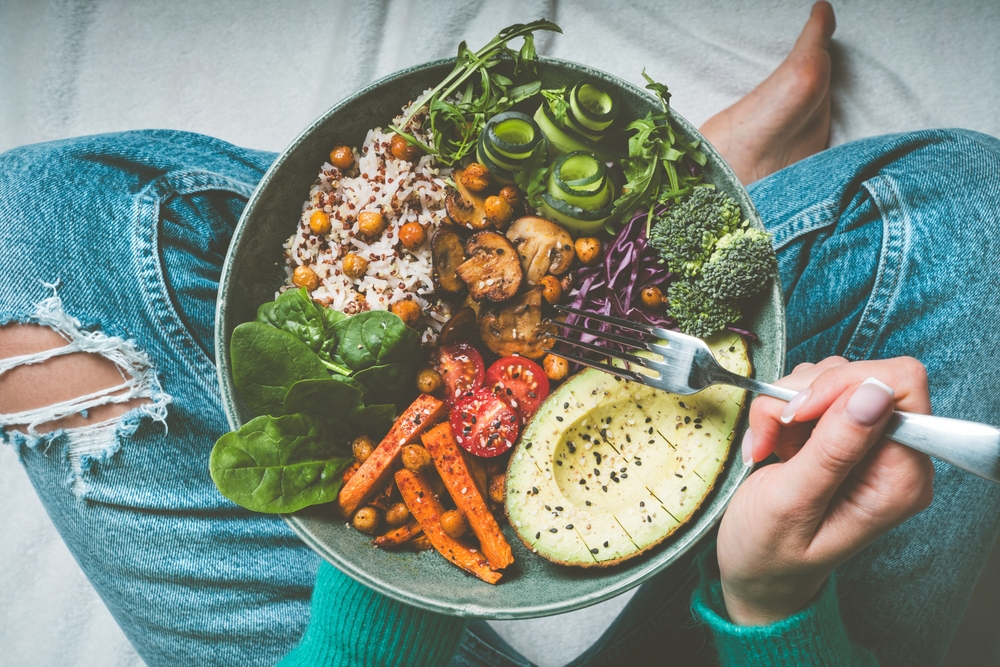
Finally, start seeing food as something that supports your health rather than controls you. This shift in perspective takes time but is essential for healing. When you view food as fuel and nourishment, rather than comfort or entertainment, you change your entire approach. The more balanced and respectful your relationship with food becomes, the less power food addiction holds over your life.
Read More: This Is Why You Still Feel Tired, Even When You Sleep Enough
Disclaimer: This article was created with AI assistance and edited by a human for accuracy and clarity.
Disclaimer: This information is not intended to be a substitute for professional medical advice, diagnosis or treatment and is for information only. Always seek the advice of your physician or another qualified health provider with any questions about your medical condition and/or current medication. Do not disregard professional medical advice or delay seeking advice or treatment because of something you have read here.
